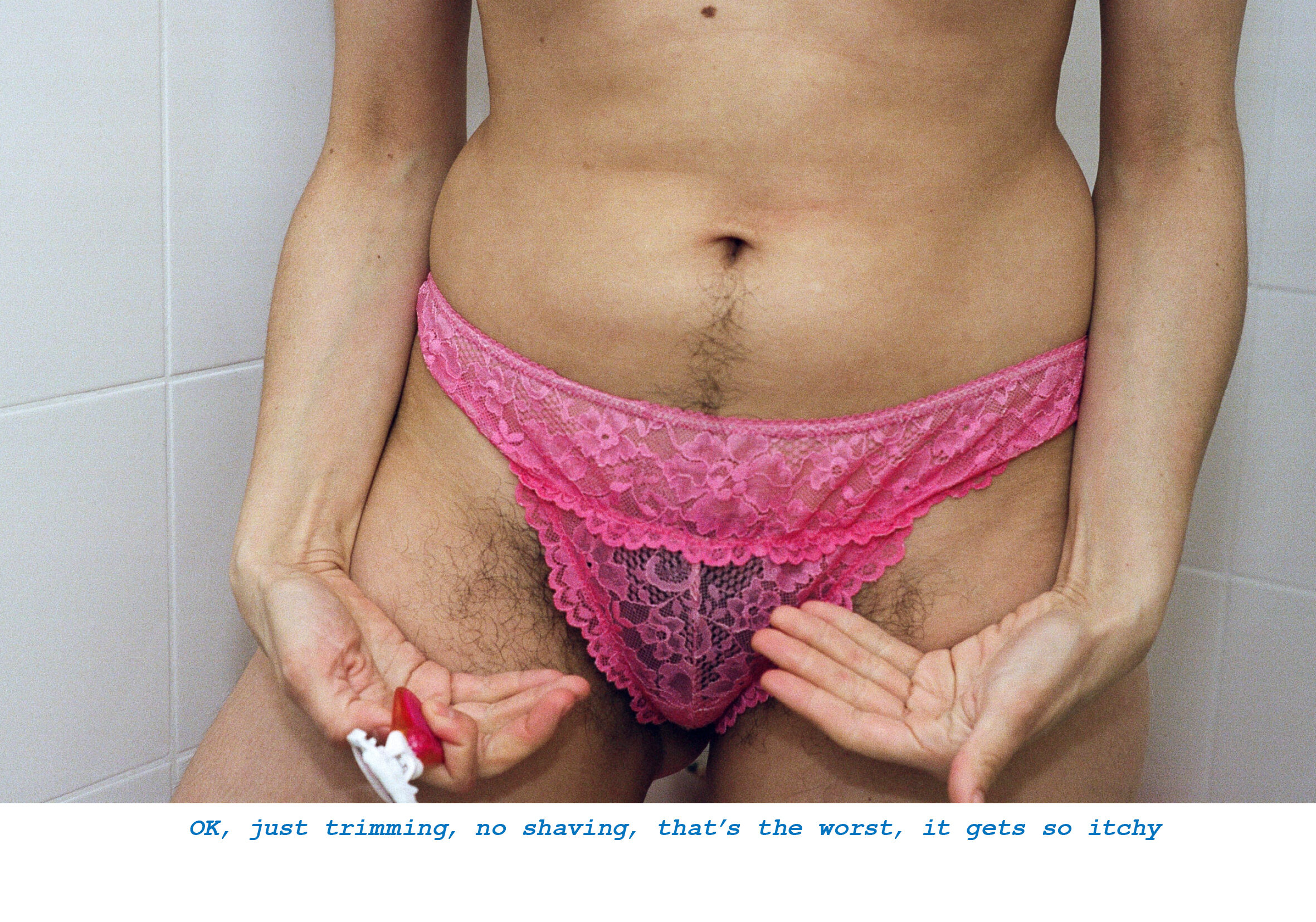PlayDate
Play Date is a photo-play and romantic feminist comedy. The story tells the love journey of two characters: Cecilia, a Mexican photographer, and Robert an American designer. I wrote a script, performed, and photographed a counter-stereotypical story, using myself and an ex-partner as models. The purpose of the zine is to challenge the way TV, films and social media portrays romantic relationships, coming from a feminist point of view, because currently, the gender roles displayed by the media perpetuate women into submission, oppression, and having unfulfilling relationships.
The work was photographed and written during summer-autumn of 2020. Through a 4,300-word script and 35 photographs, using my personal experience and other women’s stories as inspiration, I share the disappointing experience of dating over the age of 30. The pressure women receive to fulfill their gender stereotypes is real because even though the feminist cause is more popular than ever, we keep facing impossible beauty standards, the gender pay gap, sexual aggression, birth-control responsibility, and constant pressure to get married and have children. Making women believe that not having a partner is a personal failure leads to romantic relationships being more important than ever because currently love is a tool utilized to perpetuate the patriarchy. However, real love has nothing to do with that; love is about being caring, respectful, and committed to one another. Play Date is dedicated to all those feminists, both men, and women, who want to make love a part of their lives.
You can see more of the printed zine here.
Although having a partner could be a source of love and personal growth, it is not self-defining to women. A woman’s self-worth is not measured by who she decides to share or not share her life with. Women learn early to pretend that love matters more than anything, when in reality what matters the most is patriarchal approval to find a man — any man. So, while women are pressured to find love, a man who is unmarried is simply that way because he has not yet selected a bride. Men are taught to avoid commitment, not to share their feelings, and that power, aggression, and sex are the definition of masculinity. Society also needs to redefine masculinity. We cannot continue pretending that men’s best qualities are being strong and never talking about feelings. Men also suffer from patriarchy, and for contemporary feminist scholarship, we need men on board. It cannot continue to be women versus men. Everyone should be a feminist, a person who believes in the social, political, and economic equality of the sexes. It is possible to be a loving, kind, and feminist masculine man.












